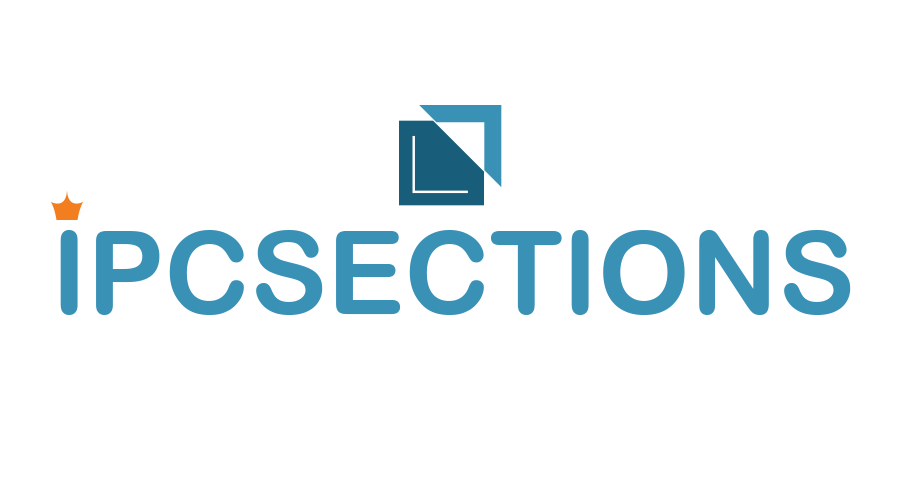How to Handle Loan Defaults: Provisions in Florida
Navigating the complexities of loan defaults can be a daunting task for lenders in Florida. A well-drafted loan agreement is crucial for managing these situations effectively. By incorporating specific provisions into the loan agreement in Florida, lenders can protect their financial interests and facilitate a smoother process when dealing with defaults.
Understanding Loan Defaults
A loan default occurs when a borrower fails to meet the obligations specified in this agreement. This could be due to missing a payment, violating terms related to the use of the loaned funds, or failing to maintain collateral. Defaults can have significant financial implications for both the borrower and the lender, making the initial drafting of this agreement critical to managing potential risks.
Key Provisions in Florida Loan Agreements
Florida law provides a framework within which loan agreements can be structured. Here are several key provisions that should be considered and potentially included in a loan agreement template to address loan defaults effectively:
- Clear Definition of Default: The agreement should specify what constitutes a default, including details such as the number of missed payments before a default is declared and any events that would trigger immediate default. This clarity helps prevent disputes over whether a default has occurred.
- Grace Periods and Cure Rights: To allow borrowers an opportunity to remedy a default, agreements often include a grace period or cure rights. These provisions specify a time frame within which the borrower can correct the default without facing further legal action. This not only provides a chance for recovery but also maintains the relationship between the borrower and lender.
- Acceleration Clauses: In the event of a default, an acceleration clause enables the lender to declare the entire amount of the loan due immediately. This is crucial for mitigating financial loss, especially in cases where the borrower’s financial situation is deteriorating quickly.
- Late Fees and Additional Interest: Additional interest rates and late fees can be stipulated in the agreement as deterrents against late payments or defaults. These must be reasonable and comply with Florida’s usury laws to avoid being deemed punitive.
- Securities and Collateral: For secured loans, the agreement should detail the rights of the lender to seize or liquidate collateral if the borrower defaults. This includes specifying the process of notification and sale of the collateral.
- Remedies and Legal Actions: The agreement should outline the actions the lender can take in the event of a default. This may include pursuing a court judgment for the unpaid balance or initiating foreclosure proceedings if appropriate. It is vital to outline these remedies in compliance with Florida law to ensure they are enforceable.
- Modification and Restructuring Options: Sometimes, restructuring the loan terms can be more beneficial than pursuing legal actions. Provisions for modifying these terms in the event of financial hardships faced by the borrower can be included to provide flexibility and maintain the financial stability of the borrower.
- Governing Law and Dispute Resolution: Including a governing law clause ensures that any legal disputes will be handled under Florida law. Additionally, it’s advantageous to specify whether disputes will be settled through arbitration or court proceedings, as arbitration can often be a quicker and less costly method.
Implementing the Provisions
Once these provisions are included in the loan agreement template, both parties should review the document with their legal counsel to ensure that all terms are clear and enforceable under Florida law. Proper legal advice can prevent future legal complications and make the enforcement of the agreement more straightforward.
Conclusion
Effectively handling loan defaults requires foresight during the drafting of this agreement. By incorporating comprehensive default provisions into this agreement, lenders can protect themselves against potential financial losses while providing clear guidelines for managing defaults. This not only secures the lender’s interests but also contributes to a fair and transparent lending process.

